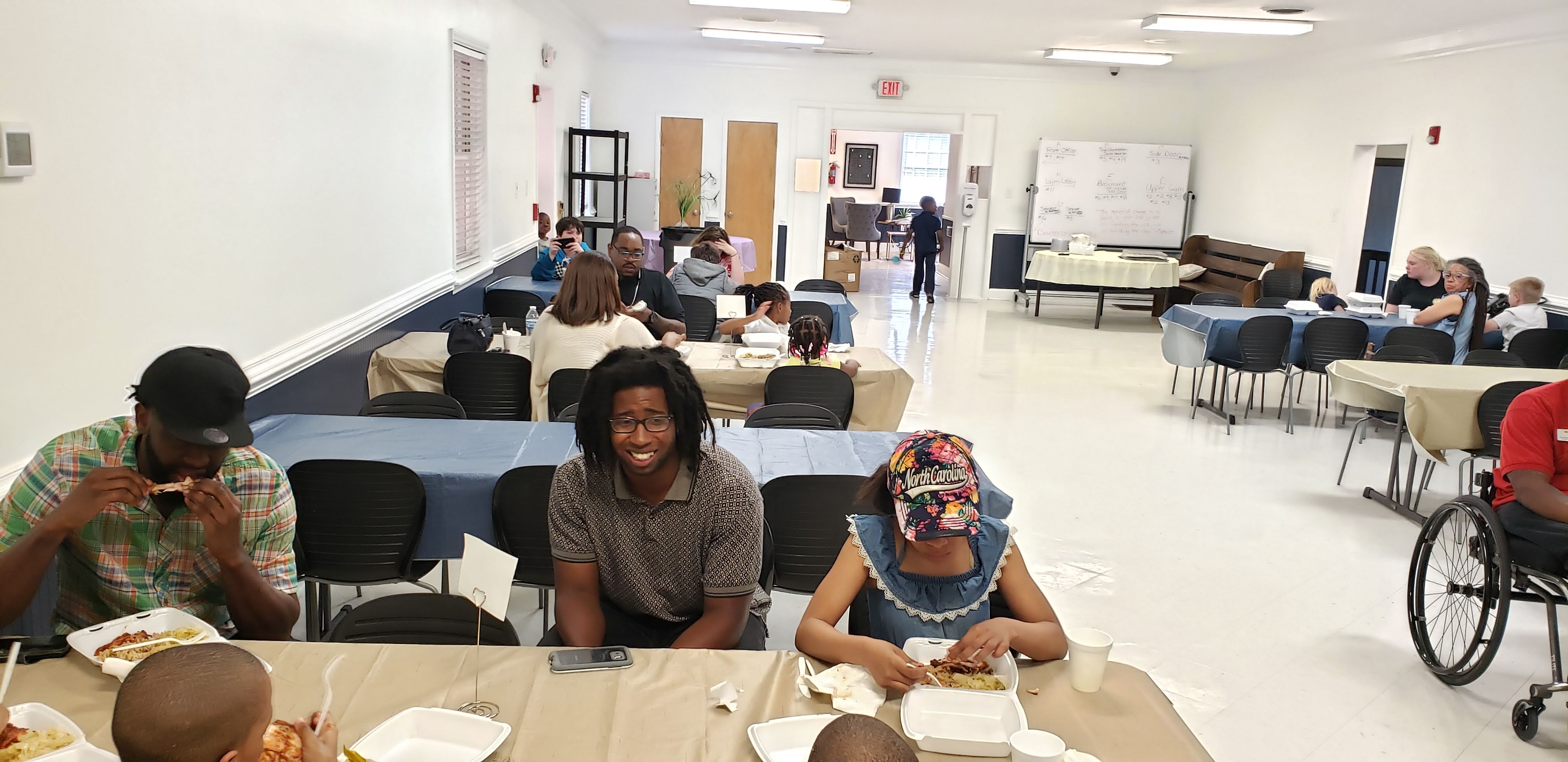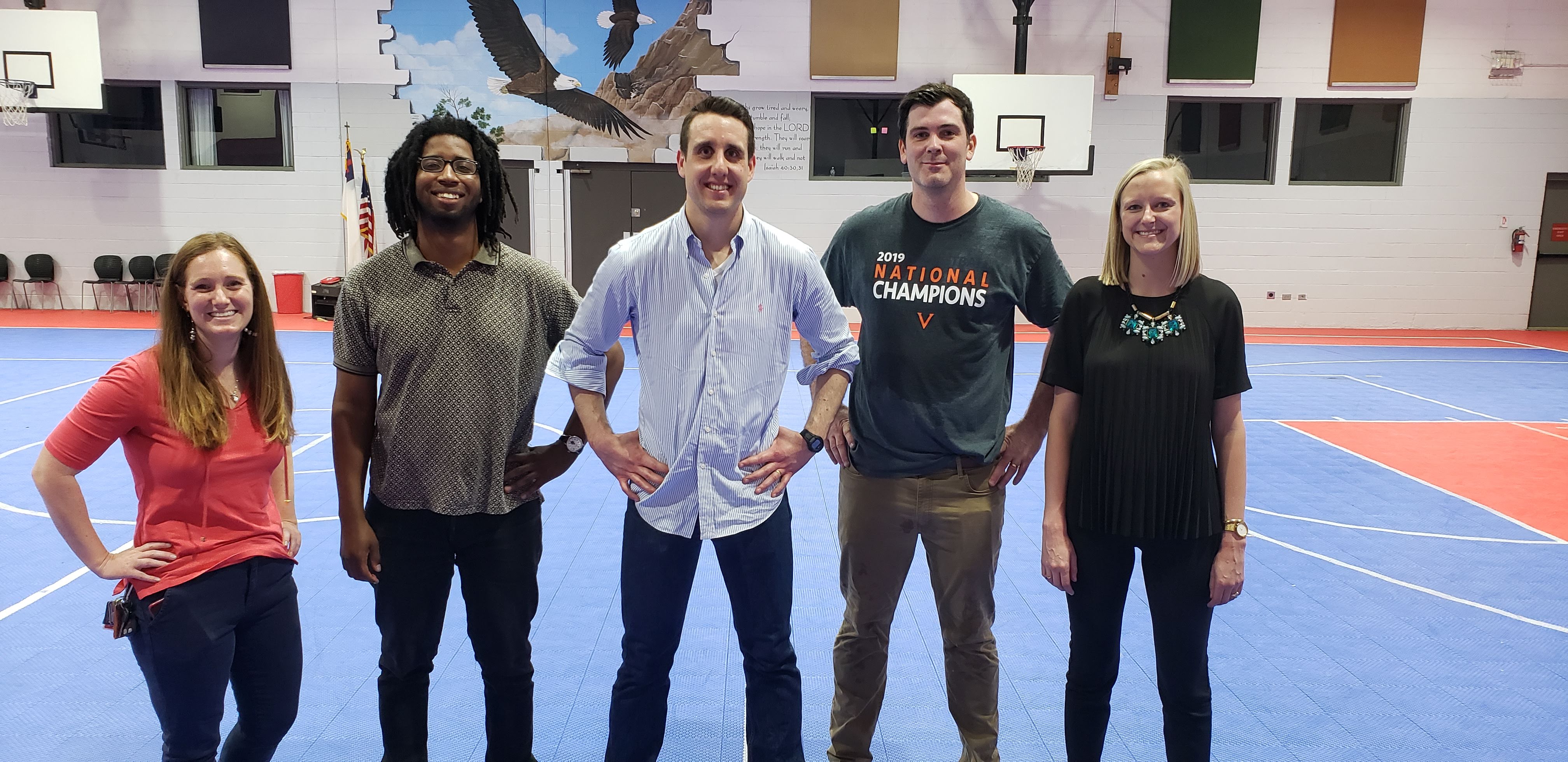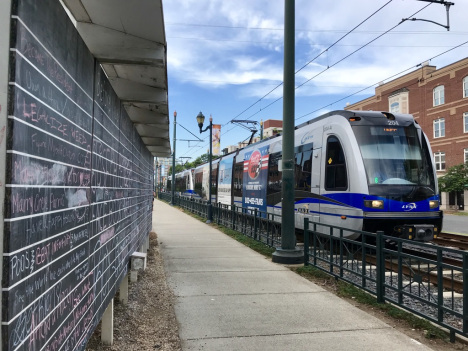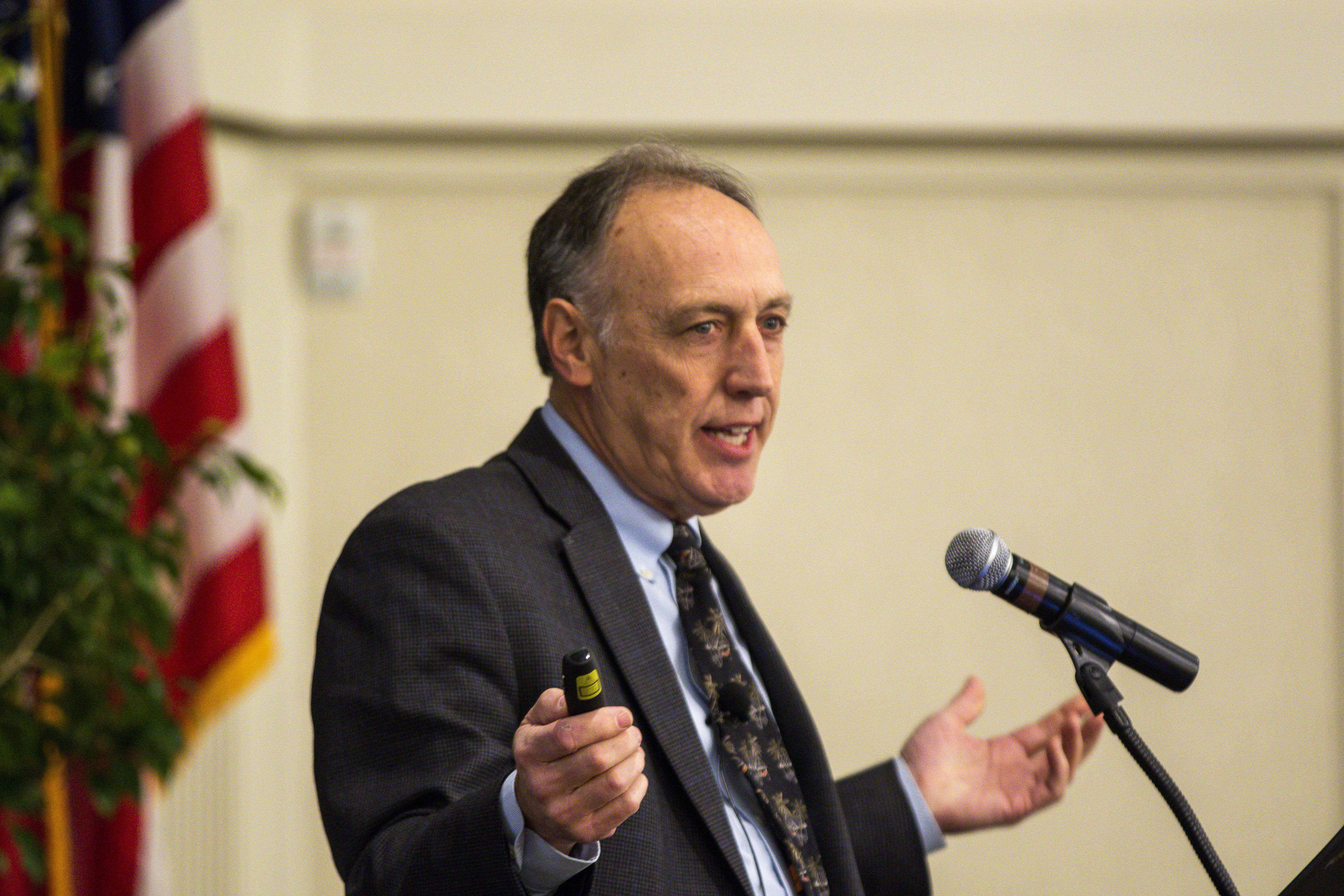Proposed Mecklenburg County Budget Would Produce Higher Taxes for Most Property Owners
Posted on May 5, 2019
A significant number of Mecklenburg County property owners will see an increase in their tax bill this year under a budget proposal unveiled recently by County Manager Dena Diorio, which would adopt a tax rate almost 2 cents, or 3.3 percent, above revenue-neutral.
With an average property value increase of more than 50% following a countywide revaluation, the tax rate at which the County would collect the same amount of total revenue (known as the ‘revenue-neutral’ rate) is 59.7 cents per $100 of assessed value. The manager’s budget proposes a rate of 61.69 cents per $100, or 1.99 cents above revenue neutral. The impact of the higher rate means more than 65% of all Mecklenburg County homeowners, and more than 71% of all commercial property owners, will see higher tax bills this year.













 The Charlotte City Council will vote next Monday night on the new
The Charlotte City Council will vote next Monday night on the new 
 On March 21,
On March 21,  This year, the Charlotte Business Journal added a new awards program to recognize established local leaders who have a strong vision for their companies, have shown commitment to culture in the workplace and made significant contributions to the community.
This year, the Charlotte Business Journal added a new awards program to recognize established local leaders who have a strong vision for their companies, have shown commitment to culture in the workplace and made significant contributions to the community.